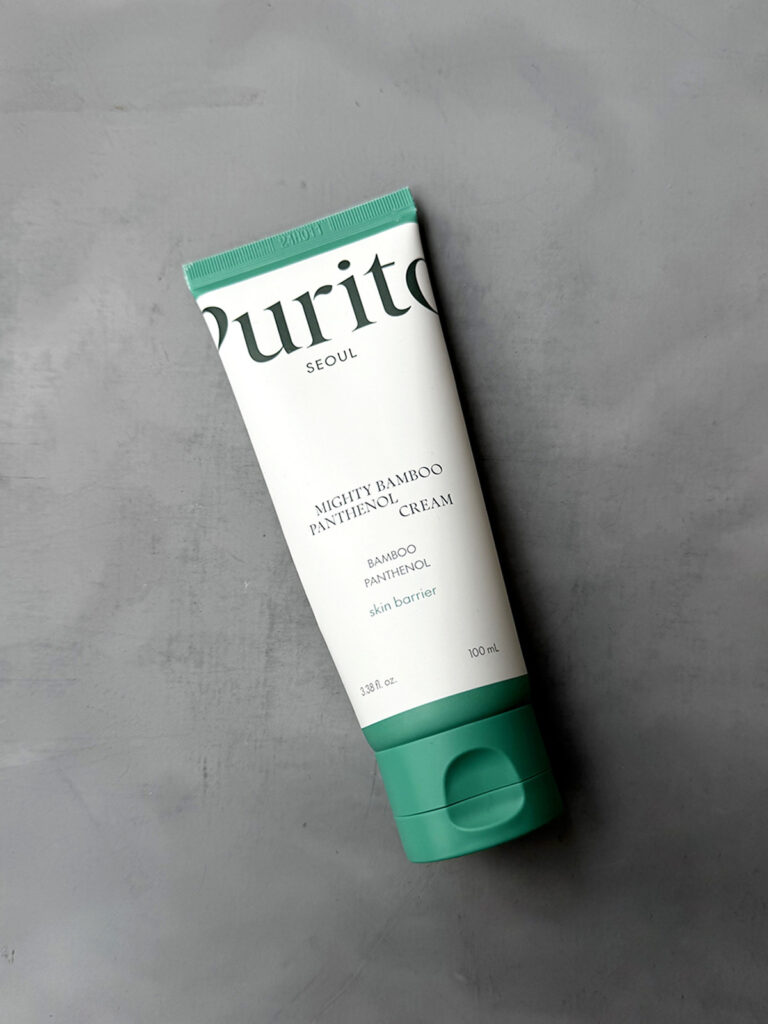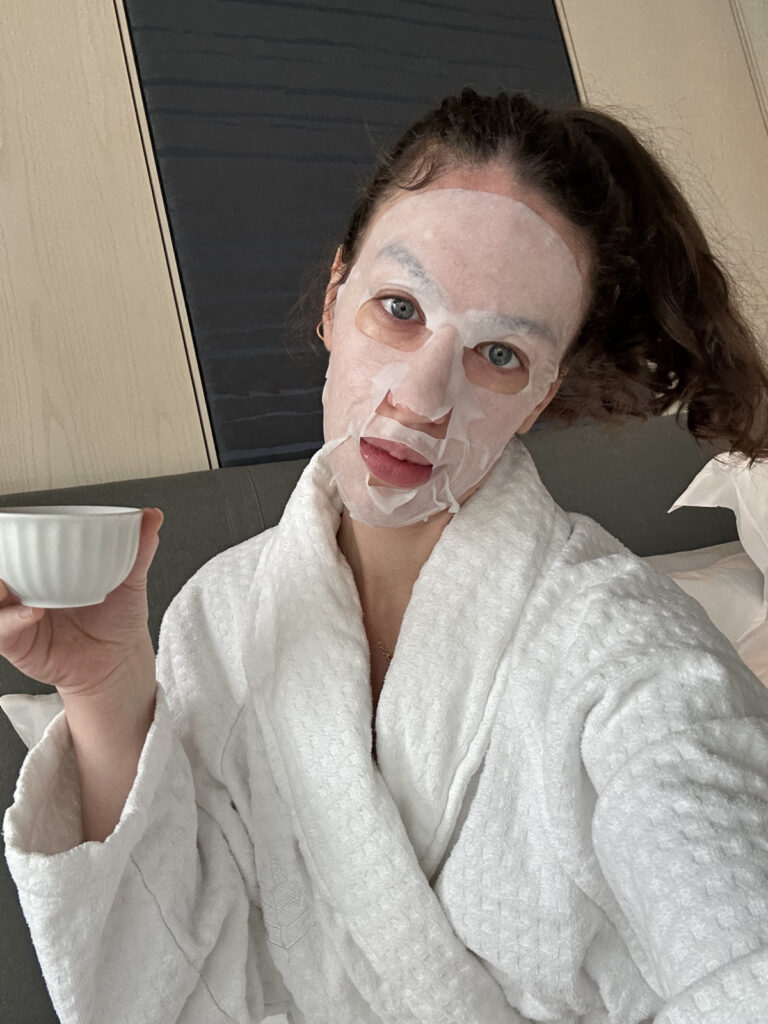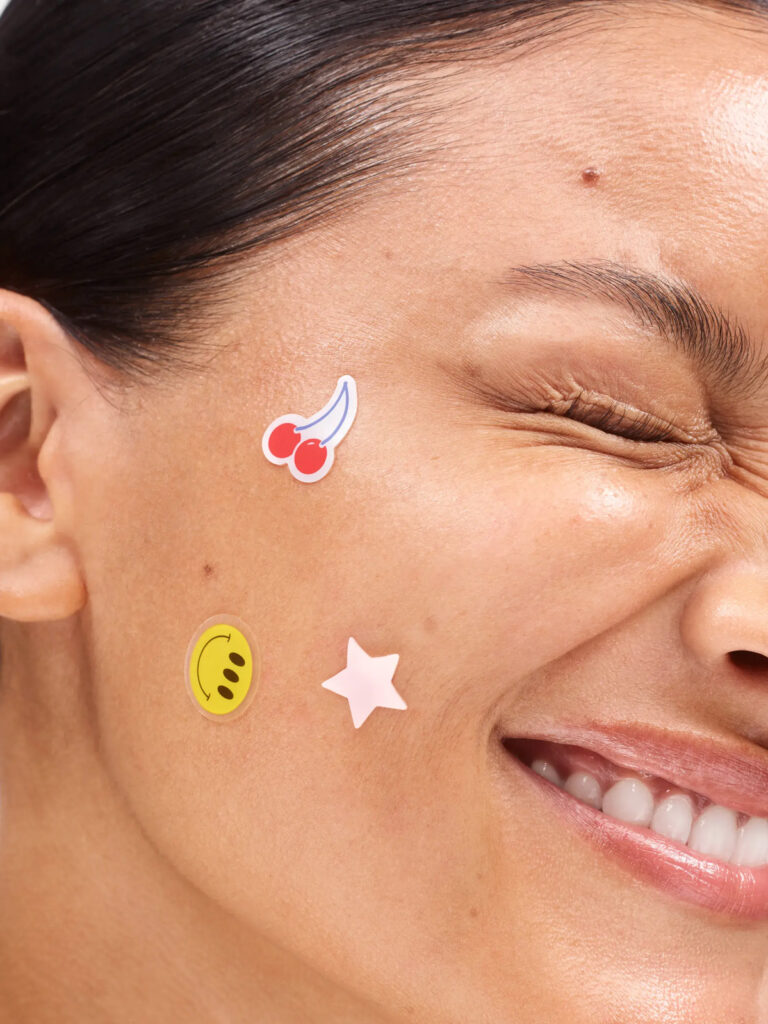
Photo: Getty Images Turkey
Stories
Dos and Don’ts of Dark Spots
The keys to maintaining radiant skin are patience, consistency, and SPF.
Text Başak Ulubilgen
There are several reasons why we get dark spots. When it comes to fading them, it is important to figure out how a spot came to be in the first place. They usually appear on our faces, hands, and sometimes even around the chest area. Is it a coincidence that these parts are parts of the body that get the most direct sunlight? This, of course, is a rhetorical question. Sun exposure might be a common cause of dark spots, but they might also appear via scarring, too. According to the American Academy of Dermatology Association, the medical name for dark spots is post-inflammatory hyperpigmentation, more commonly used as hyperpigmentation. In this episode of Wonderflaw, we list some of the most crucial things to do and not to do while treating dark spots.
DOs
Use Sunscreen Daily
Once again, the importance of sunscreen takes center stage, this time in the prevention of dark spots. Since you’ll be using it every day, choose a sunscreen texture that you’ll like. Use broad-spectrum SPF 30 or higher. You should put on sunscreen every single day; even if you’re staying home and it’s a cloudy day. One of the reasons why most people get dark spots is because they skip the SPF step when they’re indoors. If you have oily skin, make sure to use a non-comedogenic formula. If you have sensitive skin, opt for a mineral one. And if you already have spots or freckles, using a tinted SPF would be a smart to prevent the spots from getting bigger.
Consult a Dermatologist
If you’re not sure about what the cause of your dark spot is, ask your dermatologist. Some might be age spots, which appear in areas where sun rays hit as we age. But some dark spots, even though they appear normal, might end up being something more serious. So it’s very important to know what you’re dealing with before things get too complicated. Dermatologists can also prescribe you a stronger active ingredient like tranexamic acid or a procedure —microdermabrasion or laser treatment, for example— to fade your spots more efficiently.
Add The Right Ingredients To Your Routine
Once you establish what kind of a spot you have, it’s showtime. Choose products that contain efficient dark spot fighters such as Vitamin C, Azelaic acid, Viniferine, Glycolic acid, Kojic acid, or a retinoid (retinol, tretinoin) in serum and/or mask form. These ingredients can help even out skin tone, and slow down melanin production. Melanin is what gives skin its color. Also important to note that people with darker skin tones are especially prone to extra melanin production, which may eventually cause dark spots.
Be Patient and Consistent
Fading dark spots need commitment. Most dark spots take 6 months to a year, and sometimes even years to fade. That’s why it’s a good idea to pick out skincare products with textures, feels, and/or smells that you enjoy using. Some might consider dark spots flaws, sure, but even if they don’t fade completely, accept them as a part of your skin. Keep on treating.
Wear a Hat
When you’re under the sun, it is the least and easiest thing you can do. Wear a wide-brimmed hat (we’re looking at you, Jacquemus La Bomba hat) for additional protection from direct sunlight.
DON’Ts
Don’t Pick Your Face
Just don’t! It can be hard to quit, believe me, I know. But the reason why some dark spots are harder to fade is that we cause serious damage to our skin by picking on a pimple, not protecting that area well enough from the sun, and thus causing them to turn into dark spots.
Don’t Use Too Many Products At Once
Stick to a simple routine when you’re trying to even out your skin tone or fade away dark spots. If you mix too many products that aim at the same problem, your skin might react. It will then be hard to figure out which one causes inflammation when you’re using so many.
Don’t Forget To Reapply Sunscreen
If you’re going to be outside during the day, make sure to reapply your SPF depending on the brand’s suggestion. Reapplying sunscreen every 2 hours is usually recommended. If you’re going to be spending the day at the beach, use a water-resistant formula. Some ingredients —especially retinoids— that help with treating dark spots, make the skin more sensitive to sunlight. If you don’t use an SPF along with your dark spot products every day, you’ll be doing more harm to your skin than good.
Don’t Give Up
Fading away dark spots on the skin is one of the hardest things to achieve, but it’s not impossible. Do your research, and consult a professional if you have to. Find a product that works, and stick to it.






